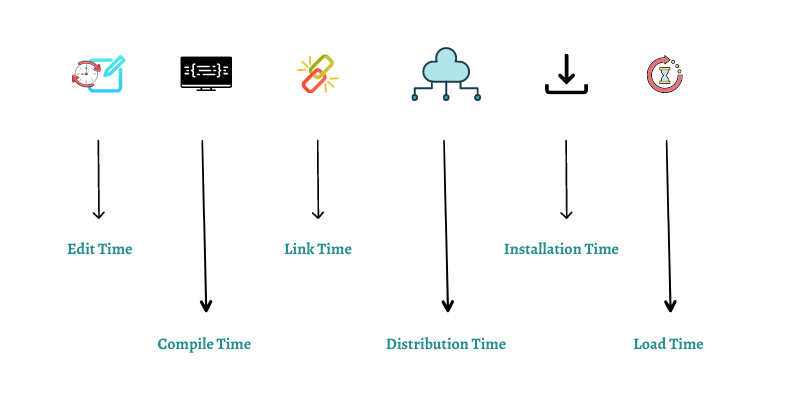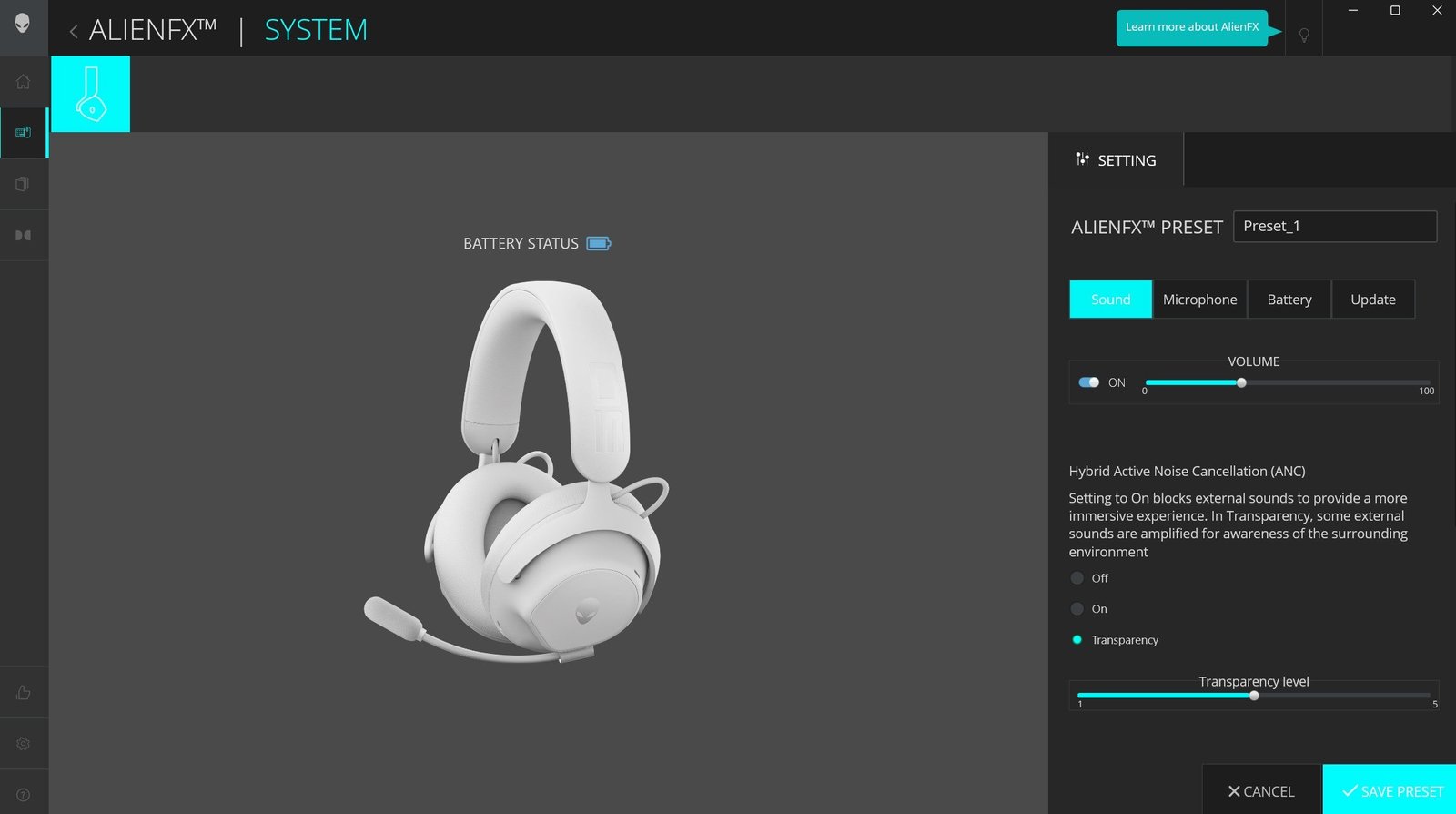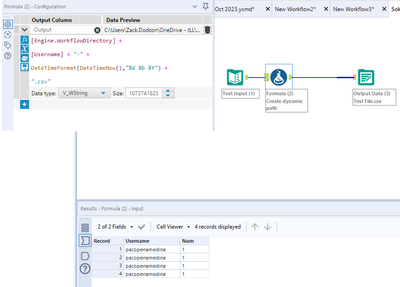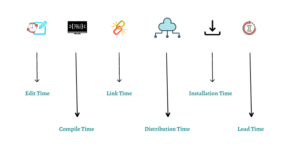Software engineers design, develop, and maintain software systems. They solve problems using code and technology.
In today’s digital age, software engineers play a vital role. They create applications that make our lives easier. From mobile apps to complex computer systems, they build it all. Their work ensures that technology runs smoothly and efficiently. Software engineers use programming languages, frameworks, and tools.
They collaborate with other tech professionals. Their goal is to deliver reliable software solutions. Whether it’s a simple website or a complex operating system, software engineers are behind the scenes. They turn ideas into functional software, impacting various industries. Understanding their role helps us appreciate the technology we use daily. Let’s dive deeper into the world of software engineering.
Role Of Software Engineers
The role of software engineers is vital in today’s digital world. They create, test, and maintain software applications. Their work ensures that programs run smoothly and efficiently. They solve problems and improve user experiences. Let’s explore the key aspects of their role.
Creating And Testing Code
Software engineers write code to build software applications. They use programming languages like Java, Python, and C++. Their code instructs computers to perform tasks. Testing is also a crucial part of their job. They run tests to find and fix bugs. This ensures the software works as intended. Testing improves the quality and reliability of the software.
Collaborating With Teams
Software engineers rarely work alone. They collaborate with other engineers, designers, and product managers. Teamwork helps in sharing ideas and solving complex problems. Communication is key in these collaborations. They discuss project requirements, progress, and challenges. Working together ensures the project meets its goals. It also fosters a creative and productive environment.

Credit: www.linkedin.com
Coding And Development
Software engineers play a crucial role in the tech world. Their main tasks revolve around coding and development. This phase involves creating, testing, and maintaining software. Let’s explore some key aspects of this process.
Writing Efficient Code
Writing efficient code is a core responsibility of software engineers. Efficient code runs smoothly and uses minimal resources. It is crucial for the performance of any software. Engineers use various programming languages to write code. Some popular languages include Python, Java, and C++.
Efficient code should be readable and maintainable. This means other engineers can understand and modify it easily. Engineers often follow coding standards and best practices. These standards help ensure the code is clean and organized. Here are some tips for writing efficient code:
- Use clear and concise variable names
- Break down complex problems into smaller functions
- Avoid unnecessary loops and calculations
- Comment your code to explain its purpose
Debugging And Troubleshooting
Debugging and troubleshooting are essential skills for software engineers. Bugs are errors or flaws in the software. These can cause the software to behave unexpectedly. Engineers need to identify and fix these bugs to ensure smooth operation.
Debugging involves examining the code to find the source of the problem. Engineers use various tools and techniques to debug code. Some common tools include debuggers, log files, and automated tests. Troubleshooting, on the other hand, involves finding solutions to problems that arise during software use. Here are some steps for effective debugging and troubleshooting:
- Reproduce the bug to understand its behavior
- Analyze the code and identify the faulty part
- Test potential fixes to see if they resolve the issue
- Document the bug and the solution for future reference
Effective debugging and troubleshooting save time and improve software quality. Engineers need to be patient and detail-oriented to succeed in these tasks. By mastering these skills, they ensure the software meets the required standards and functions well.
System Design
System design is a critical aspect of a software engineer’s job. It involves creating the architecture of software systems to meet specific requirements. Good system design ensures the software is efficient, scalable, and maintainable.
Architectural Planning
Architectural planning is the first step in system design. Software engineers define the overall structure of the system. They decide how different components interact with each other. This planning helps in building a clear blueprint of the system. Engineers consider various factors like performance, scalability, and security during this phase.
Implementing Design Patterns
Design patterns are reusable solutions to common problems. They help in creating a well-structured system. Engineers use these patterns to solve issues in a consistent manner. Some common design patterns include Singleton, Factory, and Observer. Using design patterns makes the code more understandable and maintainable. It also helps in reducing the development time.
Project Management
Project management is a key part of a software engineer’s job. They must plan, execute, and oversee software projects from start to finish. This involves coordinating tasks, managing resources, and ensuring project goals are met. Let’s dive into two important aspects of project management: Agile Methodologies and Meeting Deadlines.
Agile Methodologies
Agile methodologies are popular in software development. They focus on flexibility and collaboration. Teams work in small, iterative cycles called sprints. Each sprint usually lasts two weeks. During this time, the team completes specific tasks. These tasks contribute to the final product. Agile encourages constant feedback and improvement. It helps teams adapt to changes quickly.
Meeting Deadlines
Meeting deadlines is crucial in software engineering. Engineers must deliver projects on time. Missing a deadline can delay the entire project. It may also increase costs. To avoid this, engineers plan their work carefully. They set realistic timelines and track progress regularly. Good communication is essential. It ensures everyone knows their responsibilities.
Continuous Learning
Software engineering is a dynamic field. It requires continuous learning to stay relevant. Technologies and methodologies evolve rapidly. Engineers must keep their skills sharp. This ensures they can solve complex problems effectively.
Staying Updated With Trends
Software engineers must stay updated with industry trends. They often follow tech blogs and news sites. These platforms provide the latest updates. Engineers also participate in online forums. Here, they discuss new tools and techniques. This helps them stay ahead in their field.
Another way to stay updated is through social media. Following tech influencers on platforms like Twitter is common. They share valuable insights and resources. Engineers also subscribe to newsletters. These offer curated content on emerging trends.
Attending Workshops And Conferences
Workshops and conferences are vital for learning. They offer hands-on experience with new technologies. Engineers can learn from experts in the field. This direct interaction is invaluable.
Conferences also provide networking opportunities. Meeting other professionals can lead to collaborations. It broadens their knowledge and perspective. Engineers often attend local meetups. These smaller events are also useful for learning and networking.
Here is a table of some popular conferences for software engineers:
| Conference | Focus Area | Location |
|---|---|---|
| Google I/O | Technology and Innovation | Mountain View, CA |
| WWDC | Apple Development | San Jose, CA |
| Microsoft Build | Microsoft Technologies | Seattle, WA |
Continuous learning is essential for software engineers. It keeps them at the cutting edge of technology. This ensures they remain valuable assets to their teams and organizations.

Credit: www.fullstackacademy.com
Team Collaboration
Team Collaboration is a crucial aspect of a software engineer’s role. Software development is rarely a solo endeavor. Engineers work in teams to build complex systems. Collaborative efforts ensure the product meets all requirements. These teams often include diverse roles, from project managers to designers.
Communicating With Stakeholders
Software engineers need to communicate effectively with stakeholders. Stakeholders include clients, managers, and users. Clear communication ensures everyone is on the same page. Engineers often explain technical details in simple terms. This helps non-technical stakeholders understand the project’s progress.
Meetings and presentations are common. Engineers provide updates and gather feedback. This interaction shapes the project’s direction. Good communication skills are essential for success. Engineers use tools like Slack or Microsoft Teams for regular updates. Documentation is also a key part of communication. Well-documented code and project plans help everyone stay informed.
Participating In Code Reviews
Code reviews are a regular part of a software engineer’s work. These reviews ensure code quality and maintainability. Team members review each other’s code for errors and improvements. This process catches mistakes early. It also promotes shared knowledge among the team.
Code reviews often involve tools like GitHub or Bitbucket. Engineers leave comments and suggestions on code changes. This feedback loop helps improve coding standards. It also fosters a culture of learning and collaboration. By participating in code reviews, engineers become better at writing clean, efficient code.

Credit: www.mtu.edu
Frequently Asked Questions
What Does A Software Engineer Do Daily?
A software engineer writes, tests, and maintains code. They collaborate with team members, troubleshoot issues, and improve software performance. Daily tasks include coding, debugging, and attending meetings.
What Skills Do Software Engineers Need?
Software engineers need programming skills, problem-solving abilities, and knowledge of algorithms. They should be proficient in coding languages, understand software development methodologies, and have good communication skills.
How Do Software Engineers Solve Problems?
Software engineers use logical thinking and coding skills to solve problems. They analyze issues, design algorithms, and implement solutions. They also collaborate with teammates and use debugging tools.
What Industries Hire Software Engineers?
Software engineers work in various industries like technology, finance, healthcare, and entertainment. They develop software for applications, websites, and systems. Their skills are needed in almost every sector.
Conclusion
Software engineers play a vital role in today’s tech-driven world. They develop, test, and maintain software. Their work ensures smooth operations for businesses and individuals. From mobile apps to complex systems, they handle it all. Collaboration with other teams is essential.
They solve problems and improve user experiences. Their skills are always in demand. Understanding their work helps appreciate technology more. So, next time you use an app, remember the engineers behind it. Their contributions make our digital lives better.




















